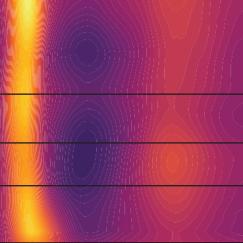September 27, 2023



Picower Institute scientists seek to understand the complex circuits and processes that the brain constructs and employs so that we can perceive, learn, think, plan, and feel. To learn more about these or other areas of inquiry, select them under Research Topics and you'll find relevant Picower people, discoveries and events.